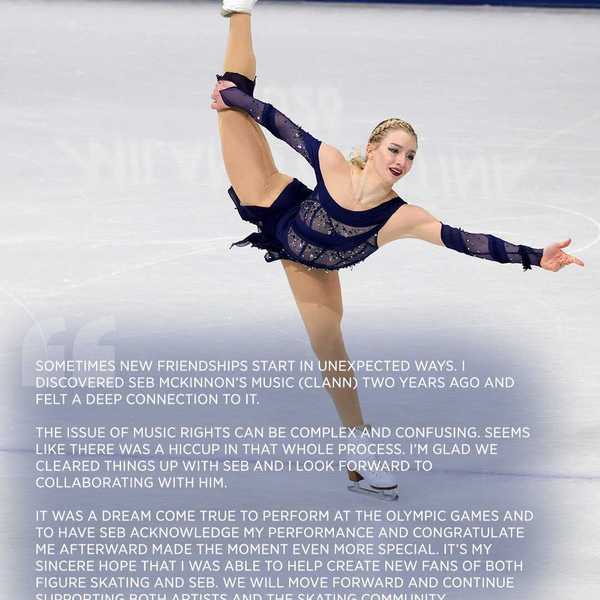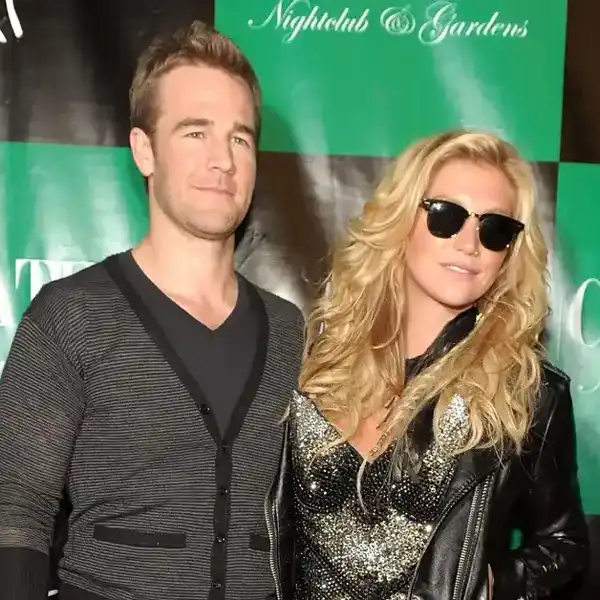The Covid Chronicles… Campus Radio In A Time Of Crisis
Surviving as a college radio station is tricky at the best of times, and now the pandemic poses a new threat. Here are the thoughts of some programming and music directors. Pictured: CFRU Guelph's Jenny Mitchell.

By Jason Schneider
Late in 2019, campus radio stations in Ontario won a major victory when the province’s Divisional Court struck down a measure by the Doug Ford government that would have allowed post-secondary students the option to stop paying fees for “non-essential” student union-run services. For these campus stations, the fees—which amount to the price of a cup of coffee per student in most cases—remain a lifeline in order to deliver the diverse array of programming that has always been the hallmark of campus radio.
But after dodging that bullet, these stations, along with every other campus and independent radio station across Canada, has been forced to deal with covid-19. It’s added even more challenges to the already clear and present threats posed by music streaming services, online radio and podcasts, that have forced program directors and their volunteer show hosts to keep coming up with ways to reach their desired audiences.
We spoke a few campus program directors to get a clearer perspective on all of this, and what it could mean for the future of independent radio in Canada.
Seth Glasgow, Programming and Outreach Director, CKDU (Halifax): The biggest challenge is that we're working remotely, which isn't usually a big thing, but we can't do live shows remotely. We have to rely heavily on past content, outside of programmers who send us pre-recorded shows weekly. So it makes scheduling programming tricky every week.
We don't actually have the means to gauge our listenership, but our social media interactions have been pretty strong so far with self-isolation. It's kind of hard to maintain a good buzz though when you don't have a lot of fresh shows.
I forget exactly what my source was, but I've read that streaming numbers have actually been going down since this whole thing began. As a musician myself, this is the last thing you want, obviously, and it’s frightening that artists and venues here in Halifax are actually going bankrupt because of the lack of revenue.
As far as CKDU goes, who knows? I know artists are still sending in stuff, which is a good sign, but predictions are pointing to things not returning to normal until late 2021 at the earliest. For now, CKDU is going to stay committed to airing local music and other Canadian artists, but with this situation hurting everyone's bottom line, including universities, there's a good chance we could lose our levy, and end up on the chopping block. I'm hoping for the best, but again, who knows?
Allison O’Reilly, Program Director, CJLO (Montreal): We broadcast out of Concordia University, which has restricted access to all students and employees, unless they're essential—custodians and security, mainly. It causes me anxiety not being able to access our facility, and it's sad that no one is able to do live programs from our studio during this time. But we're fortunate in that we have the infrastructure that allows us to continue broadcasting new, fresh pre-recorded content, and we've even began doing live shows from the comfort of our DJs’ homes.
There definitely has been an increase in engagement and listenership. It's likely to do with people being at home and being able to listen to radio while they work and pass time, but it's also in part due to our efforts in making curated content for our listeners stuck at home. We've been busy making playlists, radio shows, and magazine articles for our audience during this time, and increasing our engagement with listeners through social media.
My concern is the survival of the music industry. Without live show revenue, we're going to see a lot of artists unable to continue, labels folding, and venues closing. Our station will be affected in regards to loss in ad revenue, and our upcoming funding drive may potentially be at risk, but as long as we have the support of the students, I'm sure we will make it out of this all right. The best we can do to support the industry is give local artists a platform—we will continue to play, interview, and highlight as many local and Canadian artists as we can.
Alexandra Rimmington, Music Director, CFRU (Guelph): Every aspect of the music business has been impacted by the coronavirus, and it's difficult to say what things will look like after this is over. But one of the biggest concerns is that the people who have built this industry, the artists, are the most vulnerable. Employment security and adequate support have always been precarious for musicians, but even more so now. The industry has been set up so that despite record sales, online streaming, and radio airplay, most artists must perform and tour relentlessly to make a living these days. But covid-19 has brought that to a screeching halt. So if artists don't receive the necessary support during this crisis, not only do we all miss out on a world of new music, but an entire industry crumbles.
Campus and community radio stations like CFRU are poised to help, as we continue to provide artists with a cost-free means of having their music and their messages heard. We can raise awareness and inform our listeners of the issues that artists are facing right now and how they can help. But there has been a sharp learning curve for us too lately, and we've had to be incredibly resourceful to be able to continue broadcasting since closing our doors due to the virus.
Our programming has always come from the hard work of students and community members volunteering at the station. So we are still figuring out ways to provide our volunteers with the means of producing new shows from home, and that includes access to our music libraries, which will continue to grow as long as musicians get the support they need.
Jenny Mitchell, Volunteer and Mobile Studio coordinator, CFRU (Guelph): Even if CFRU's physical space can be reopened prior to the end of the pandemic, it will not be possible for volunteers and programmers to use shared equipment like headphones and microphones until a vaccine is found. That’s posed a big challenge in sustaining morale among those in charge of the station. In the past, people who are interested in volunteering have often dropped by the station, and of course that’s impossible at the moment.
On the positive side, while we can’t really gauge our listenership, since the quarantine the majority of our Facebook posts have doubled in views. I’ve created a Covid radio show that airs five days a week at noon, which I’ve tried hard to promote. So does it mean we have more people listening to CFRU to hear these shows? Hard to say, but I think it does mean that CFRU is being viewed as a local media source that is creating constant new material that reflects the time we’re in. I think that will be a boon to our reputation, which I think could be a potential upside.
I read an article that stated radio listenership has gone up, while streaming has gone down. I don’t know their source for that information, but my gut feeling from talking to people I know is they are more likely right now to sit down and listen to something with intention, and maybe have slightly fewer opportunities, such as traveling to and from work, to do a “bit” of listening. So before perhaps people who knew they only had a bit of time would not want to tune in to part of a radio show, whereas now they have time to sit and listen to entire shows.

















